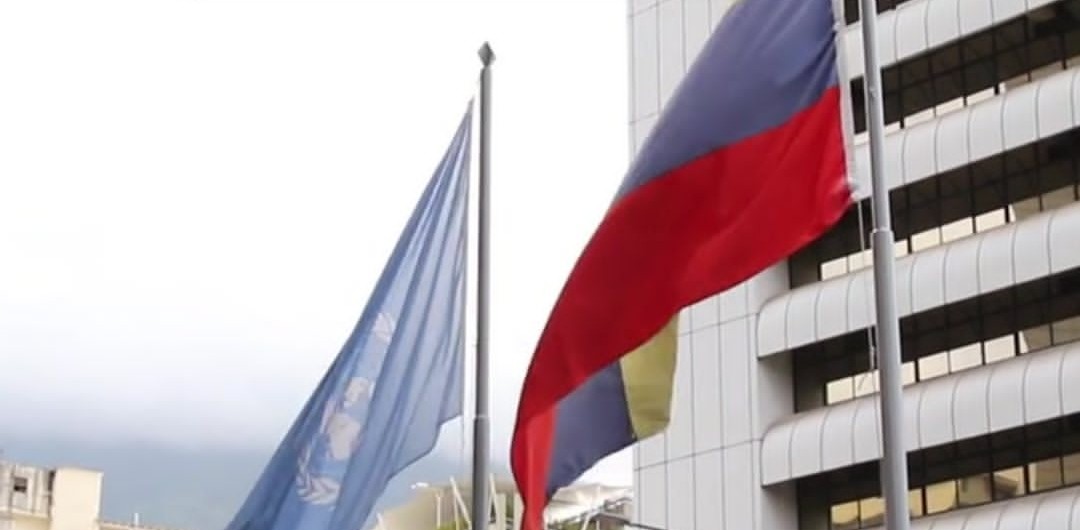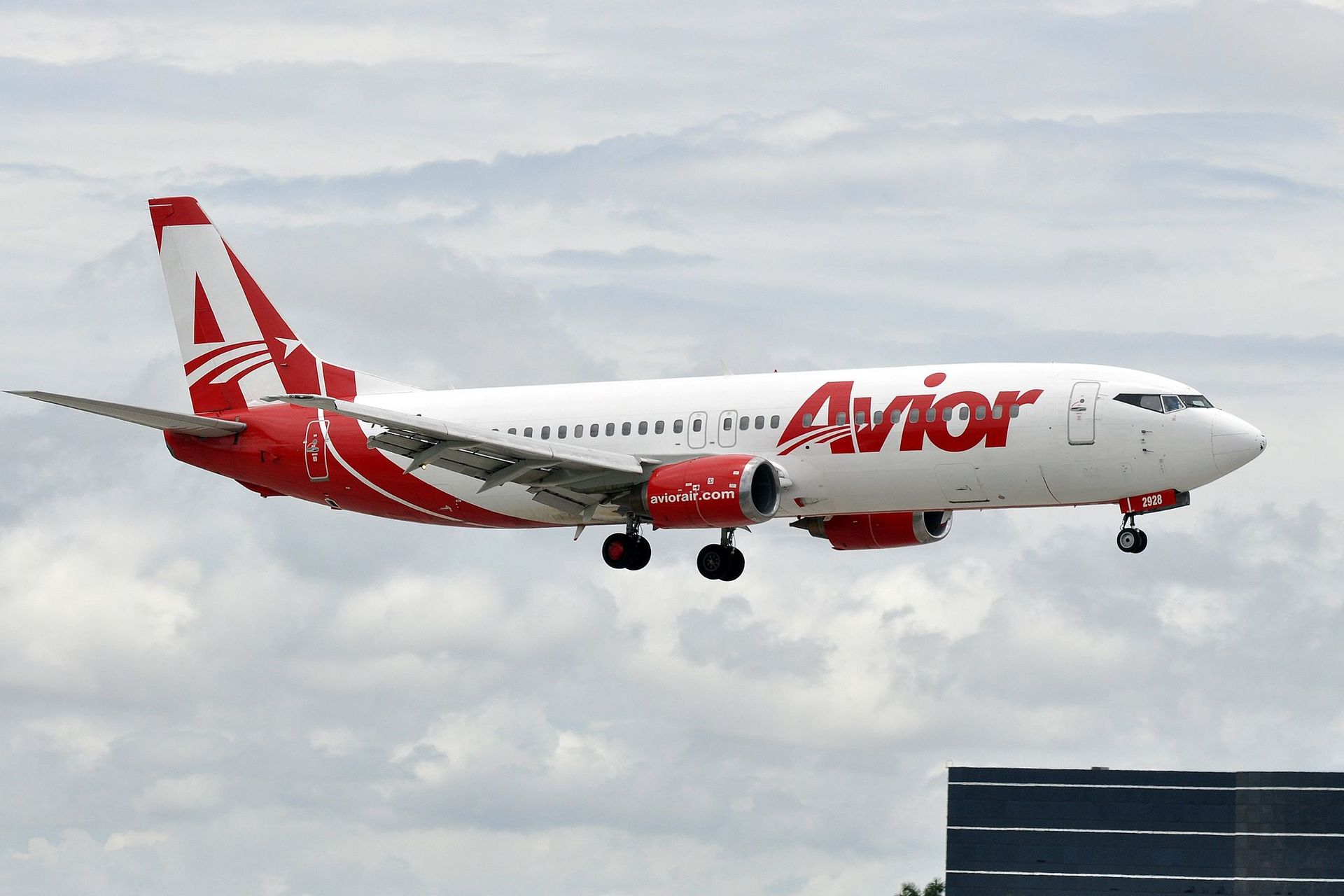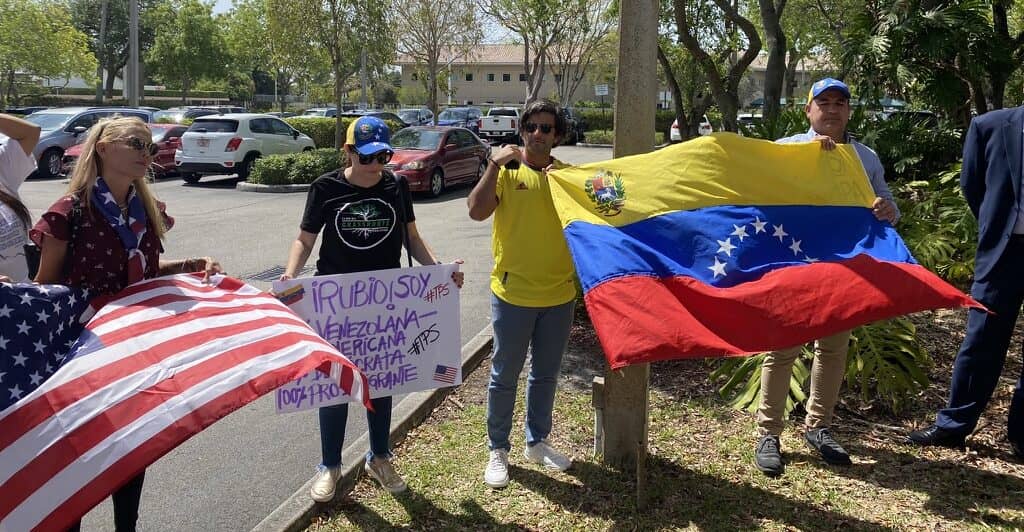Photograph of Bishop Robert Prevost upon his appointment as Apostolic Administrator of the Diocese of Chiclayo. Photo: Frayjhonattan.
Guacamaya, May 8, 2025. In a historic day for the Catholic Church, the 2025 conclave elected Cardinal Robert Francis Prevost, 69, as the new pontiff, who will take the name Leo XIV. The election is notable not only because he is the first pope with both American and Peruvian nationality, but also because his name was not among the initial favorites for the papacy.
The decision came after a conclave lasting just two days and three rounds of voting, demonstrating an unusually rapid consensus among the 133 cardinal electors. The speed of the process contrasts with expectations of a tough and drawn-out contest, given the diversity of candidates and currents within the College of Cardinals.
Robert Francis Prevost was born on September 14, 1955, in Chicago, United States, and also holds Peruvian nationality, acquired after decades of pastoral service in the Andean country. He entered the Order of Saint Augustine in 1977 and was ordained a priest in 1982. His journey took him to Peru, where he served as missionary, formator, prior, and bishop of Chiclayo.
Until the end of Francis’s pontificate, the now Pope Leo XIV served as Prefect of the Dicastery for Bishops and President of the Pontifical Commission for Latin America from January 2023 to 2025. Prevost is recognized for his academic and pastoral profile: he is a mathematician, polyglot, holds a doctorate in Canon Law, has trained religious, and has extensive experience as a bishop in Latin America.
The choice of the name Leo XIV refers to a tradition rich in meaning. The last pope to bear this name was Leo XIII (1878-1903), remembered for his social encyclical Rerum Novarum and his openness to the challenges of modernity. The name Leo also evokes Saint Leo the Great, one of the most influential popes in history, a symbol of strength and renewal.
The new Supreme Pontiff has shown a clear and public commitment to the cause of migrants. He has aligned himself with Pope Francis in defending the poor and the displaced, praising his predecessor’s evangelical authenticity and vision of a humble Church at the service of those in need. Through X, he has highlighted the importance of empathy, especially in the face of mass deportation policies.
The new Pope Leo XIV begins his pontificate with the challenge of uniting a global Church marked by internal tensions and a diversity of currents. His dual nationality and experience in both Latin America and the Roman Curia position him as a leader capable of building bridges and facing the challenges of a millennia-old institution in the 21st century.







